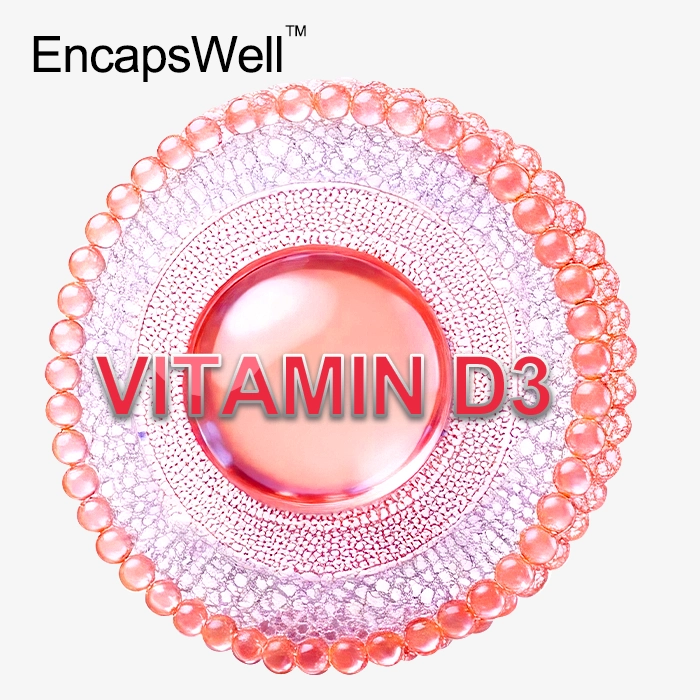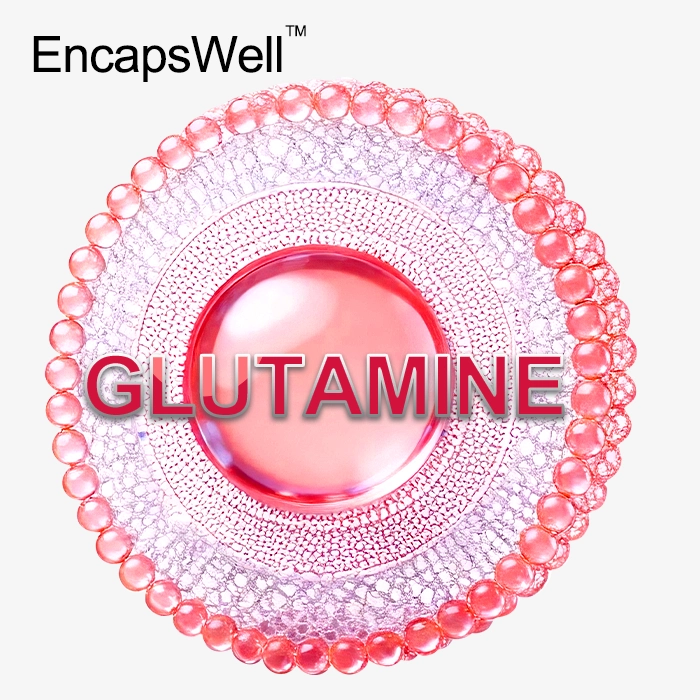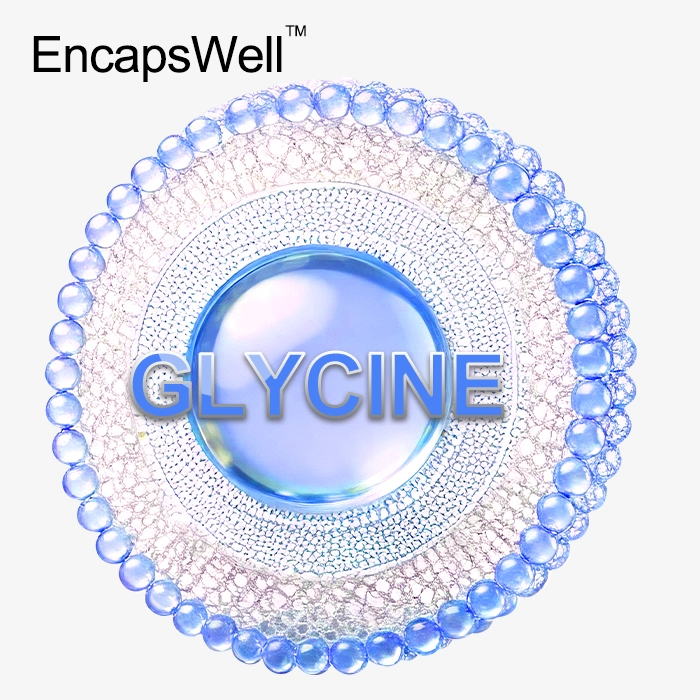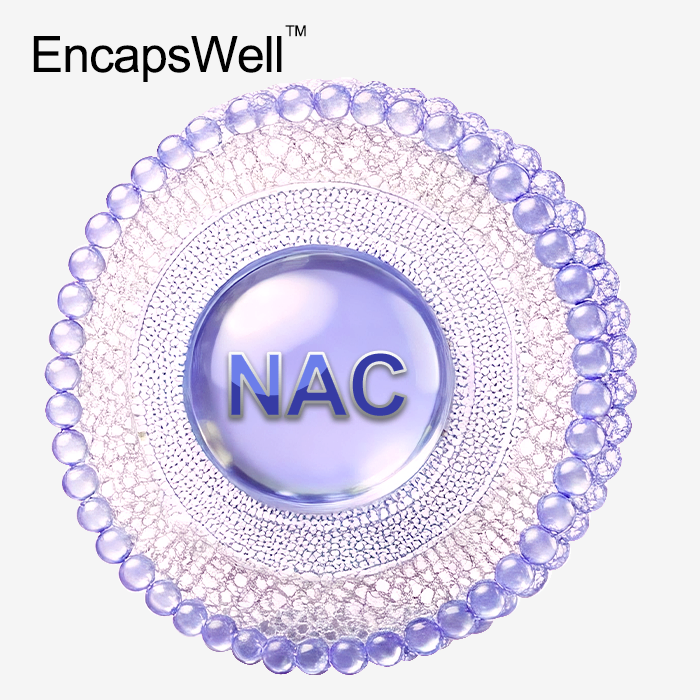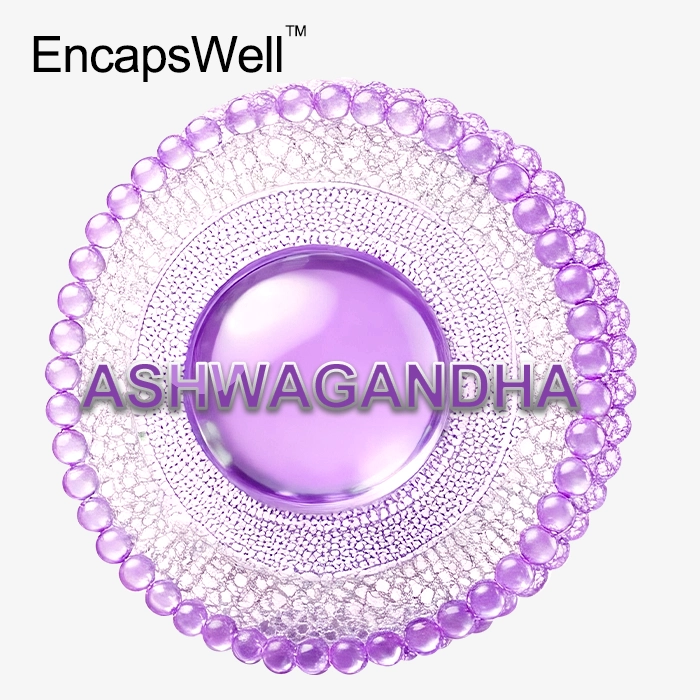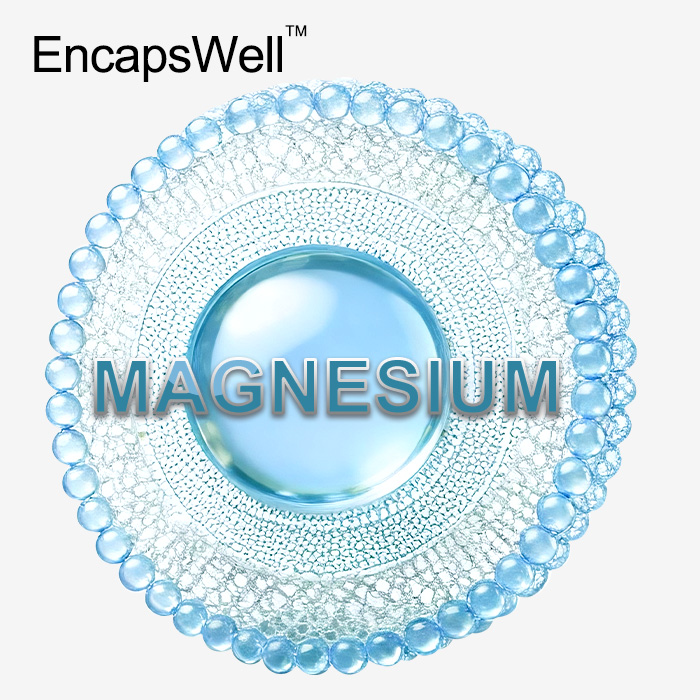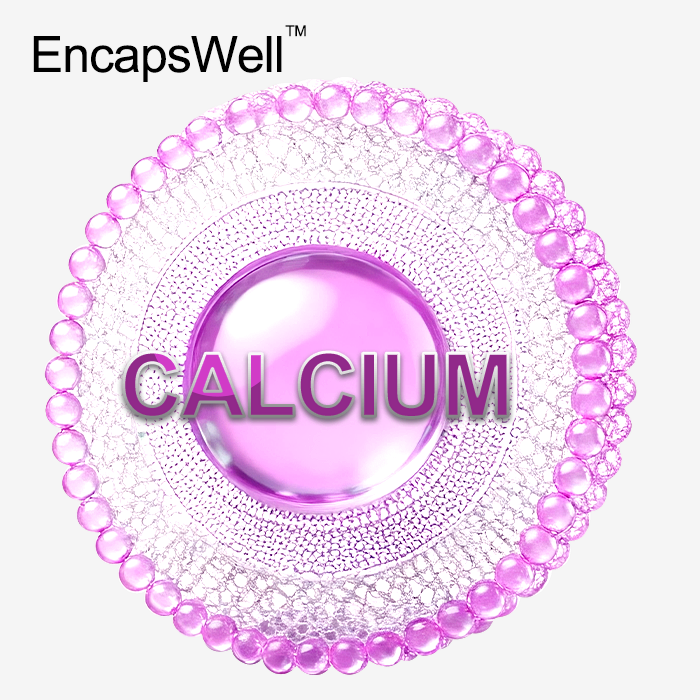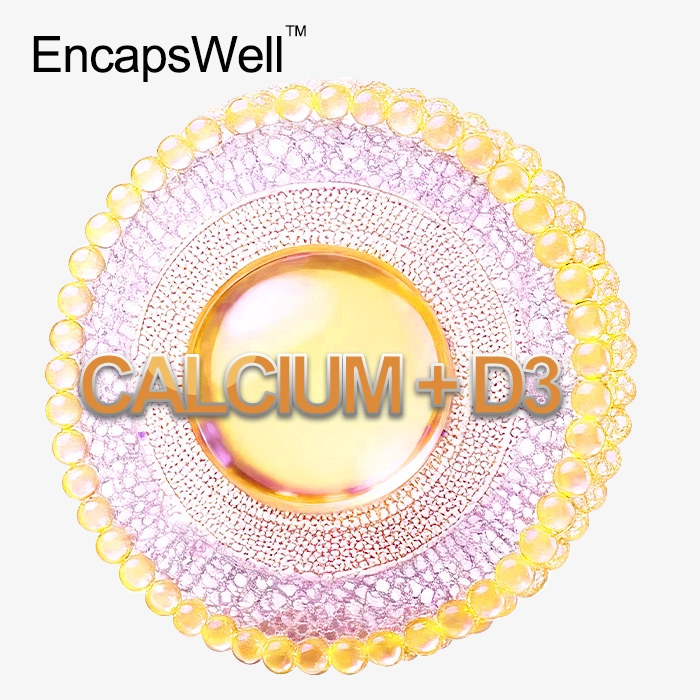How Liposomal Vitamin C Reduces Free Radical Damage?
Liposomal Vitamin C effectively reduces free radical damage through its enhanced bioavailability and targeted delivery system. The liposomal encapsulation protects Vitamin C from degradation in the digestive tract, allowing for higher absorption rates compared to traditional supplements. Once absorbed, the liposomes efficiently transport Vitamin C directly to cells, where it acts as a powerful antioxidant. This targeted delivery enables Vitamin C to neutralize harmful free radicals more effectively, preventing oxidative stress and cellular damage. The increased bioavailability of liposomal Vitamin C powder ensures a sustained presence of this crucial antioxidant in the body, providing continuous protection against free radical damage and supporting overall health and longevity.
The Science Behind Liposomal Vitamin C and Free Radical Neutralization
Understanding Free Radicals and Oxidative Stress
Free radicals are unstable molecules that can cause oxidative stress, leading to cellular damage and various health issues. These highly reactive molecules are produced naturally in our bodies through metabolic processes, but external factors like pollution, UV radiation, and poor diet can increase their production. When free radicals accumulate faster than our bodies can neutralize them, oxidative stress occurs, potentially damaging proteins, lipids, and DNA. This damage has been linked to numerous health problems, including premature aging, cardiovascular diseases, and certain cancers.
Vitamin C as a Powerful Antioxidant
Vitamin C, also known as ascorbic acid, is a well-known antioxidant that plays a crucial role in neutralizing free radicals. It acts as an electron donor, effectively "scavenging" free radicals by providing them with the missing electron they seek. This process stabilizes the free radicals, preventing them from causing further damage to cellular structures. Additionally, Vitamin C helps regenerate other antioxidants in the body, such as Vitamin E, creating a synergistic effect in combating oxidative stress. Regular intake of Vitamin C is essential for maintaining optimal antioxidant defenses and overall health.
The Liposomal Advantage in Free Radical Defense
Liposomal Vitamin C takes the antioxidant properties of traditional Vitamin C to the next level. The liposomal encapsulation technology creates microscopic spheres called liposomes, which protect the Vitamin C molecules and enhance their absorption and delivery. These liposomes are composed of phospholipids, similar to cell membranes, allowing them to easily merge with cells and release their contents directly. This targeted delivery system ensures that a higher concentration of Vitamin C reaches the cells, providing more efficient free radical neutralization. The enhanced bioavailability of liposomal Vitamin C means that lower doses can achieve greater antioxidant effects, making it a more potent tool in the fight against oxidative stress.
Mechanisms of Action: How Liposomal Vitamin C Combats Free Radicals
Enhanced Cellular Uptake and Distribution
Liposomal Vitamin C powder exhibits superior cellular uptake compared to conventional forms of Vitamin C. The liposomal encapsulation allows the Vitamin C molecules to bypass the digestive system's limitations on absorption, leading to significantly higher bioavailability. Once in the bloodstream, the liposomes efficiently distribute the Vitamin C throughout the body, reaching tissues and organs that may be more challenging for traditional supplements to access. This improved distribution ensures that Vitamin C is available where it's needed most, providing comprehensive protection against free radical damage across various bodily systems.
Sustained Release and Prolonged Antioxidant Activity
One of the key advantages of liposomal Vitamin C supplements is their ability to provide sustained release of the nutrient. The liposomal structure acts as a time-release mechanism, gradually delivering Vitamin C to cells over an extended period. This sustained release maintains higher plasma concentrations of Vitamin C for longer durations compared to non-liposomal forms. As a result, the body experiences prolonged antioxidant activity, offering more consistent protection against free radicals throughout the day. This sustained effect is particularly beneficial for individuals exposed to high levels of oxidative stress or those seeking to optimize their antioxidant defenses.
Synergistic Effects with Other Antioxidants
Liposomal Vitamin C not only acts as a potent antioxidant on its own but also enhances the effectiveness of other antioxidants in the body. It plays a crucial role in regenerating Vitamin E, another important fat-soluble antioxidant. This regeneration process creates a powerful antioxidant network, amplifying the overall free radical scavenging capacity of the body. Furthermore, liposomal Vitamin C can be formulated with other antioxidants like glutathione or coenzyme Q10, creating synergistic combinations that offer even greater protection against oxidative stress. These multi-antioxidant liposomal formulations provide a comprehensive approach to combating free radical damage and supporting overall cellular health.
Benefits and Applications of Liposomal Vitamin C in Reducing Oxidative Stress
Immune System Support and Disease Prevention
Liposomal Vitamin C plays a crucial role in supporting the immune system and preventing various diseases associated with oxidative stress. By efficiently neutralizing free radicals, it helps maintain the integrity of immune cells, enhancing their ability to fight off pathogens. The improved bioavailability of liposomal Vitamin C ensures that immune tissues receive an optimal supply of this essential nutrient, promoting robust immune responses. Regular consumption of liposomal Vitamin C supplements has been linked to reduced susceptibility to infections, faster recovery times, and potential protection against chronic diseases influenced by oxidative stress, such as cardiovascular disorders and certain types of cancer.
Skin Health and Anti-Aging Effects
The potent antioxidant properties of liposomal Vitamin C make it a valuable ally in promoting skin health and combating signs of aging. Free radical damage is a major contributor to premature skin aging, causing wrinkles, fine lines, and loss of elasticity. Liposomal Vitamin C effectively penetrates the skin barrier, neutralizing free radicals and supporting collagen synthesis. This dual action helps maintain skin elasticity, reduce the appearance of wrinkles, and protect against UV-induced damage. The sustained release of Vitamin C from liposomes provides continuous protection throughout the day, making it an excellent addition to skincare routines aimed at preserving youthful, radiant skin.
Cardiovascular Health and Oxidative Stress Reduction
Oxidative stress plays a significant role in the development and progression of cardiovascular diseases. Liposomal Vitamin C offers powerful protection for the cardiovascular system by neutralizing free radicals that can damage blood vessels and promote inflammation. It helps maintain the health of blood vessel walls, supports healthy blood flow, and may contribute to better regulation of blood pressure. Additionally, liposomal Vitamin C has been shown to improve the function of endothelial cells, which line blood vessels and play a crucial role in cardiovascular health. By reducing oxidative stress in the cardiovascular system, liposomal Vitamin C supplements may help lower the risk of heart disease and support overall heart health.

Conclusion
Liposomal Vitamin C stands out as a powerful tool in the fight against free radical damage. Its enhanced bioavailability, targeted delivery, and sustained release mechanisms make it significantly more effective than traditional Vitamin C supplements. By providing superior antioxidant protection, supporting immune function, promoting skin health, and safeguarding cardiovascular well-being, liposomal Vitamin C powder offers a comprehensive approach to reducing oxidative stress and promoting overall health. As research continues to unveil the benefits of this advanced form of Vitamin C, it's clear that liposomal technology represents a significant leap forward in antioxidant supplementation.
FAQs
What makes liposomal Vitamin C powder different from regular Vitamin C supplements?
Liposomal Vitamin C powder offers superior bioavailability due to its encapsulation in phospholipid bilayers. This technology protects Vitamin C from gastric degradation and enhances cellular uptake, resulting in 3-5 times higher absorption compared to conventional forms. It's also gentler on the stomach, making it ideal for long-term or high-dose use.
Can liposomal Vitamin C be combined with other supplements?
Yes, liposomal Vitamin C is compatible with various nutrients like zinc, glutathione, and NMN. It's versatile enough for use in powders, liquids, capsules, and functional beverages, adapting to various formulation needs including vegan and non-GMO options.
Innovative Liposomal Vitamin C Solutions | EmerWell
At EmerWell, we specialize in cutting-edge liposomal Vitamin C formulations designed to maximize antioxidant protection and overall health benefits. Our proprietary EncapsWell™ liposomal platform ensures superior bioavailability and stability in every product. As a leading supplier, manufacturer, and factory for liposomal supplements, we offer comprehensive OEM/ODM services to bring your vision to life. Experience the power of science-driven innovation with our tailored liposomal solutions. Contact us at info@emerwell-bio.com to explore how we can elevate your supplement line.
References
Davis, J. L., et al. (2016). Liposomal-encapsulated Ascorbic Acid: Influence on Vitamin C Bioavailability and Capacity to Protect Against Ischemia-Reperfusion Injury. Nutrition and Metabolic Insights, 9, 25-30.
Padayatty, S. J., & Levine, M. (2016). Vitamin C: the known and the unknown and Goldilocks. Oral Diseases, 22(6), 463-493.
Carr, A. C., & Maggini, S. (2017). Vitamin C and Immune Function. Nutrients, 9(11), 1211.
Pullar, J. M., Carr, A. C., & Vissers, M. C. M. (2017). The Roles of Vitamin C in Skin Health. Nutrients, 9(8), 866.
Lykkesfeldt, J., & Tveden-Nyborg, P. (2019). The Pharmacokinetics of Vitamin C. Nutrients, 11(10), 2412.
Tejero, J., et al. (2020). New Insights into the Antioxidant Role of Liposomal Ascorbic Acid: Relevance in Neurological Disorders. Antioxidants, 9(7), 600.
Have a project in mind? Tell us your goals — we’ll help you make it real.

